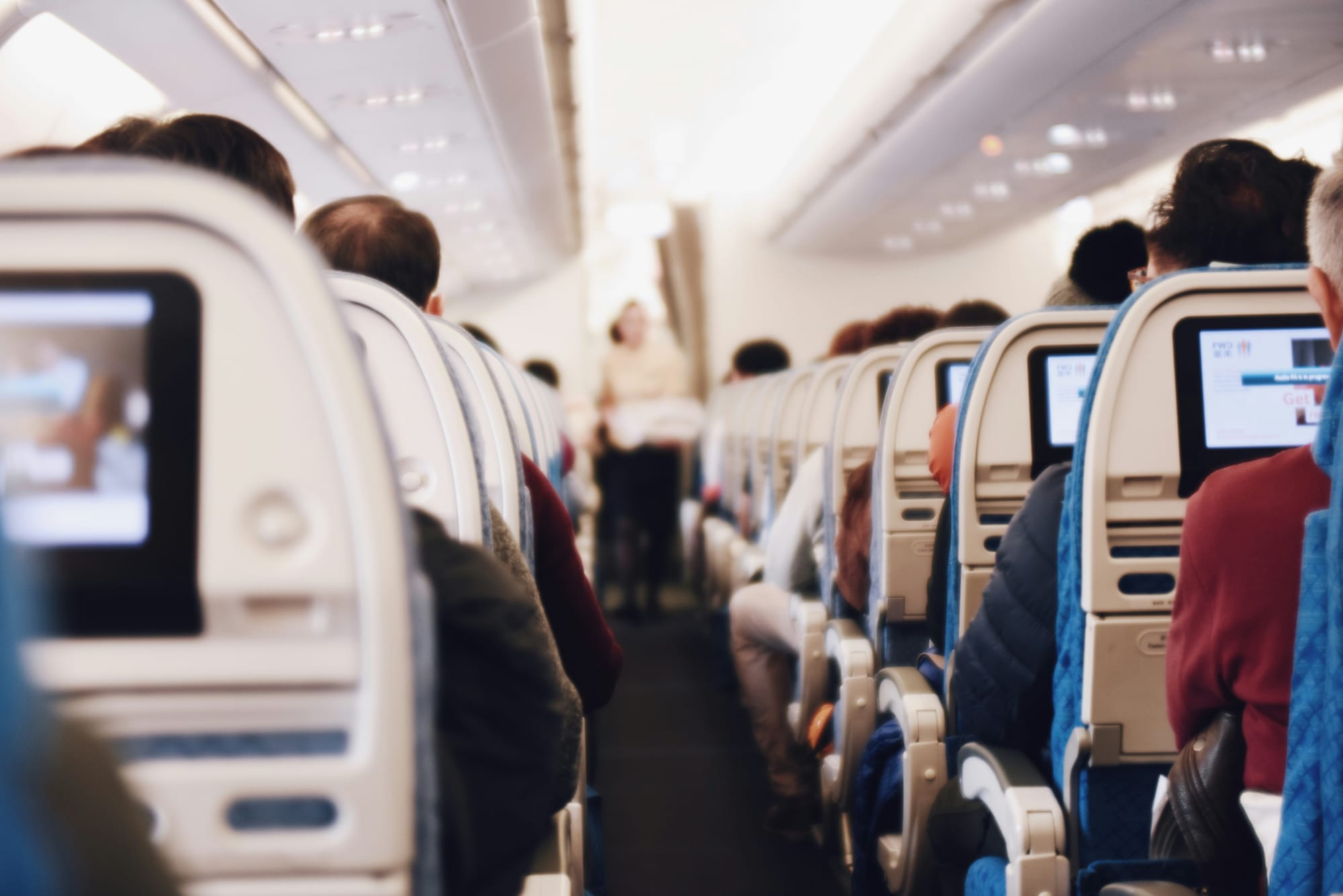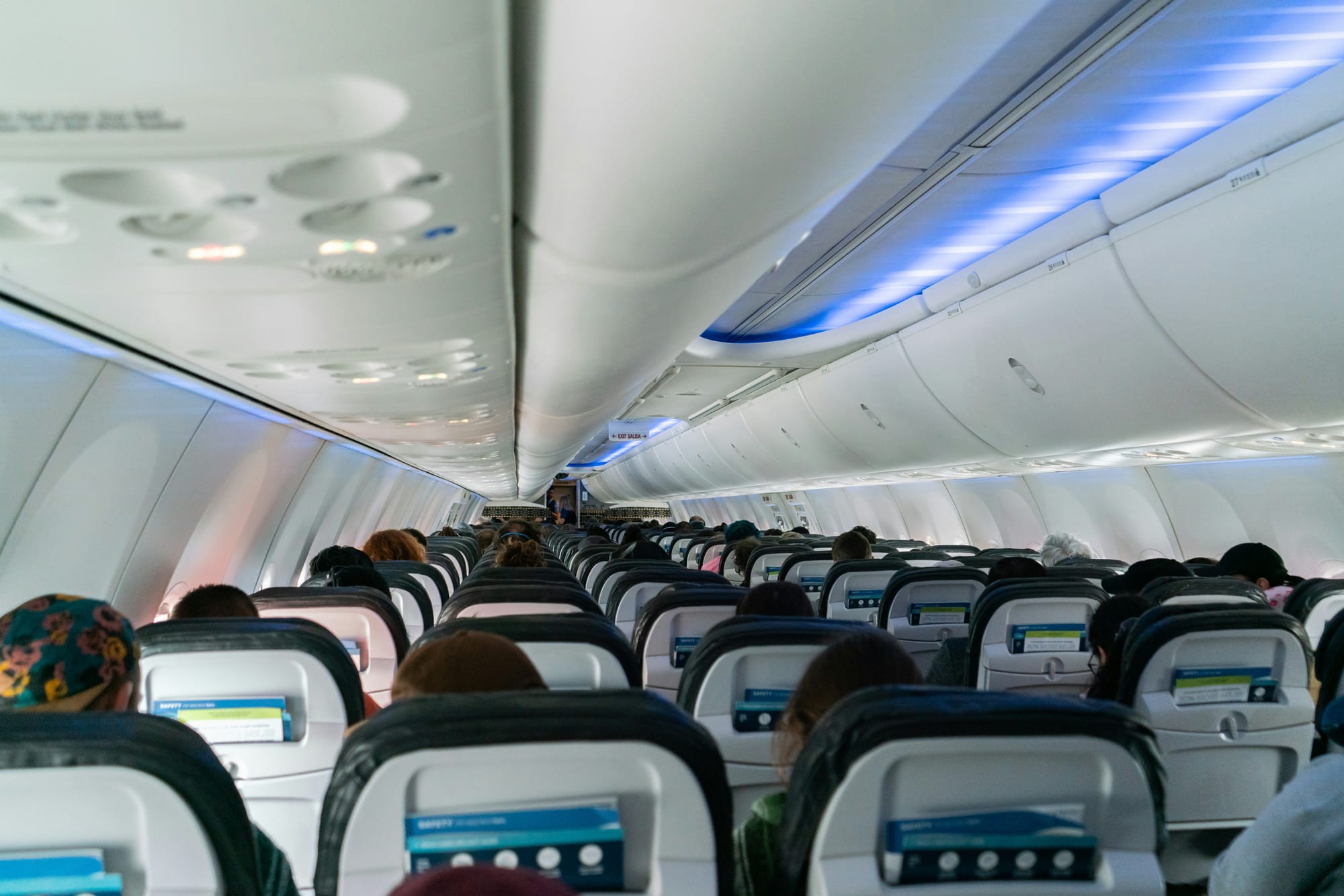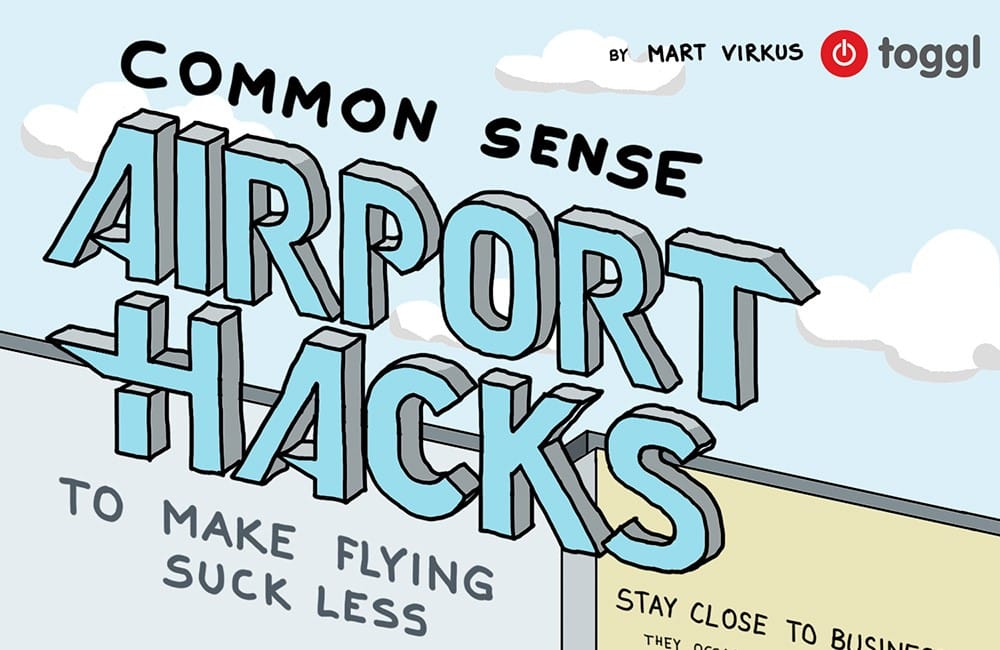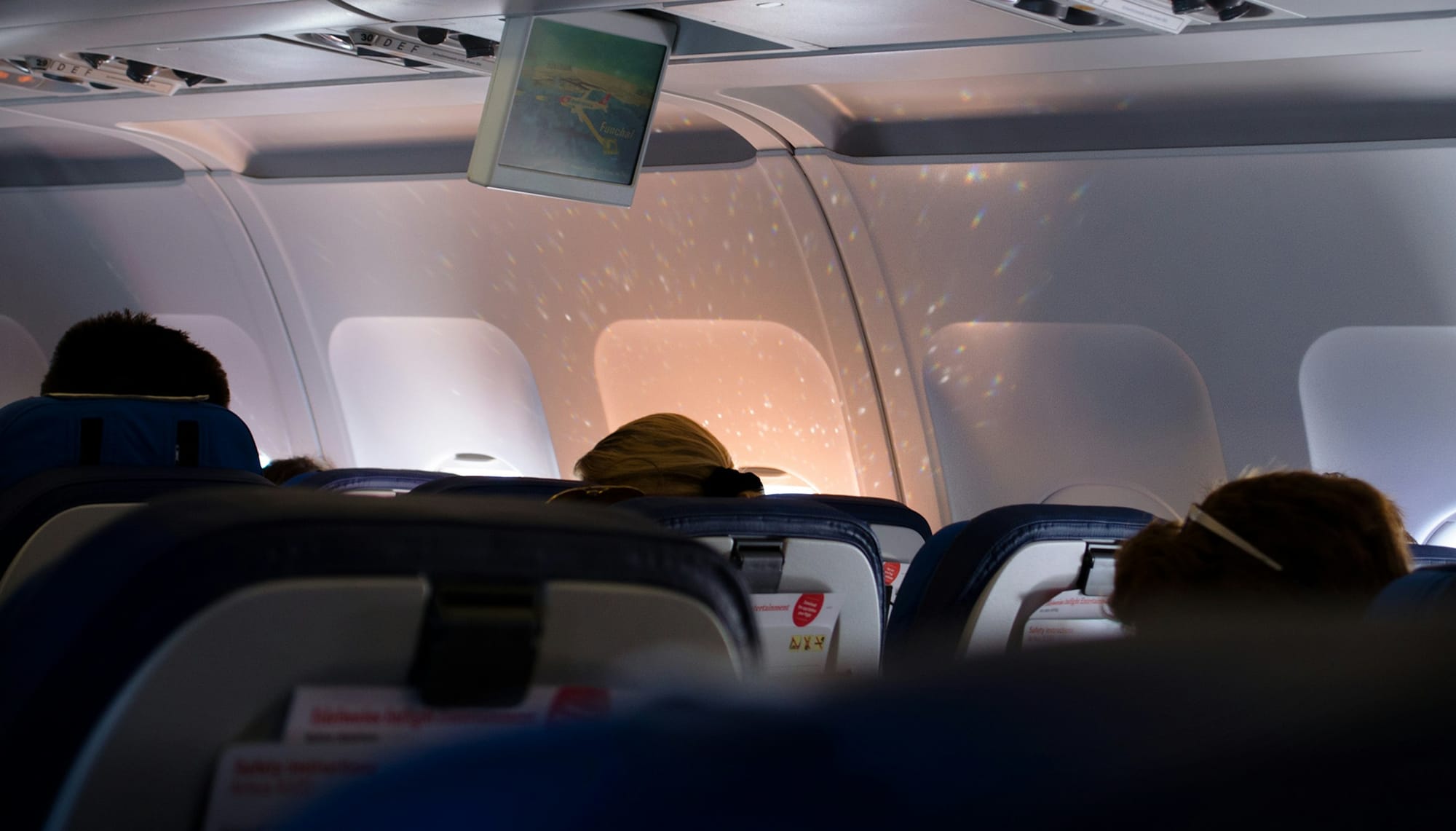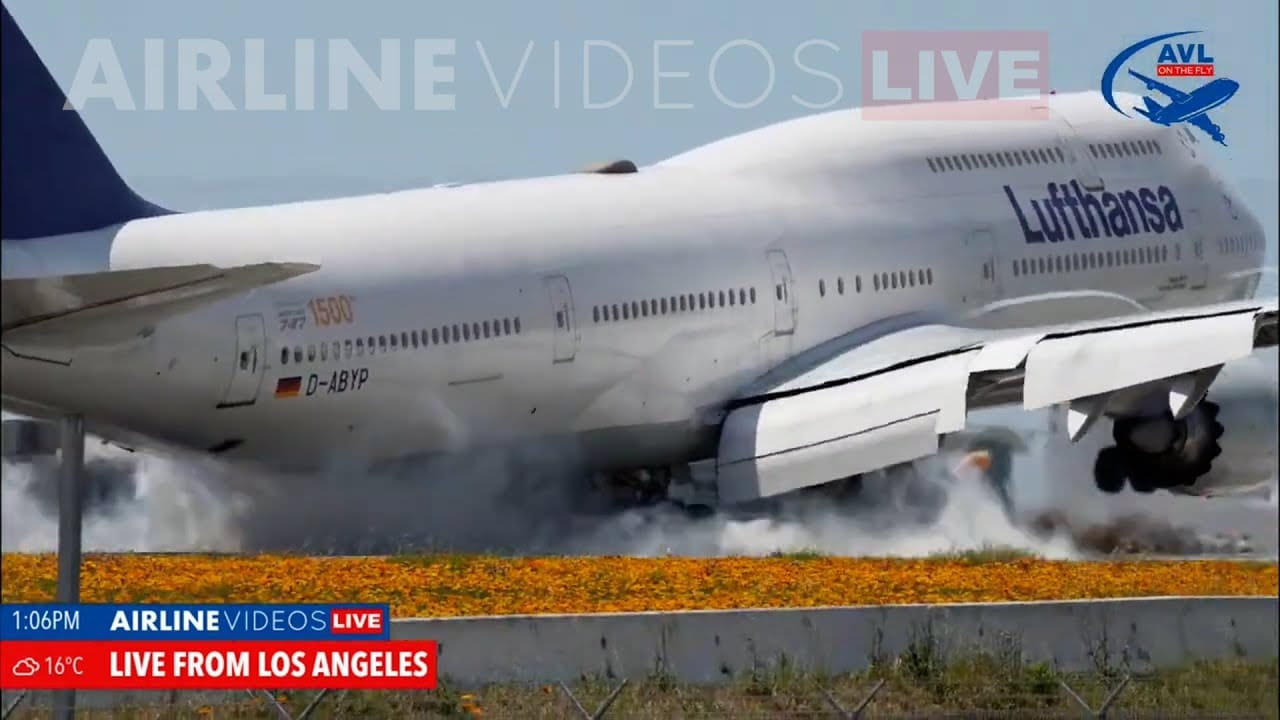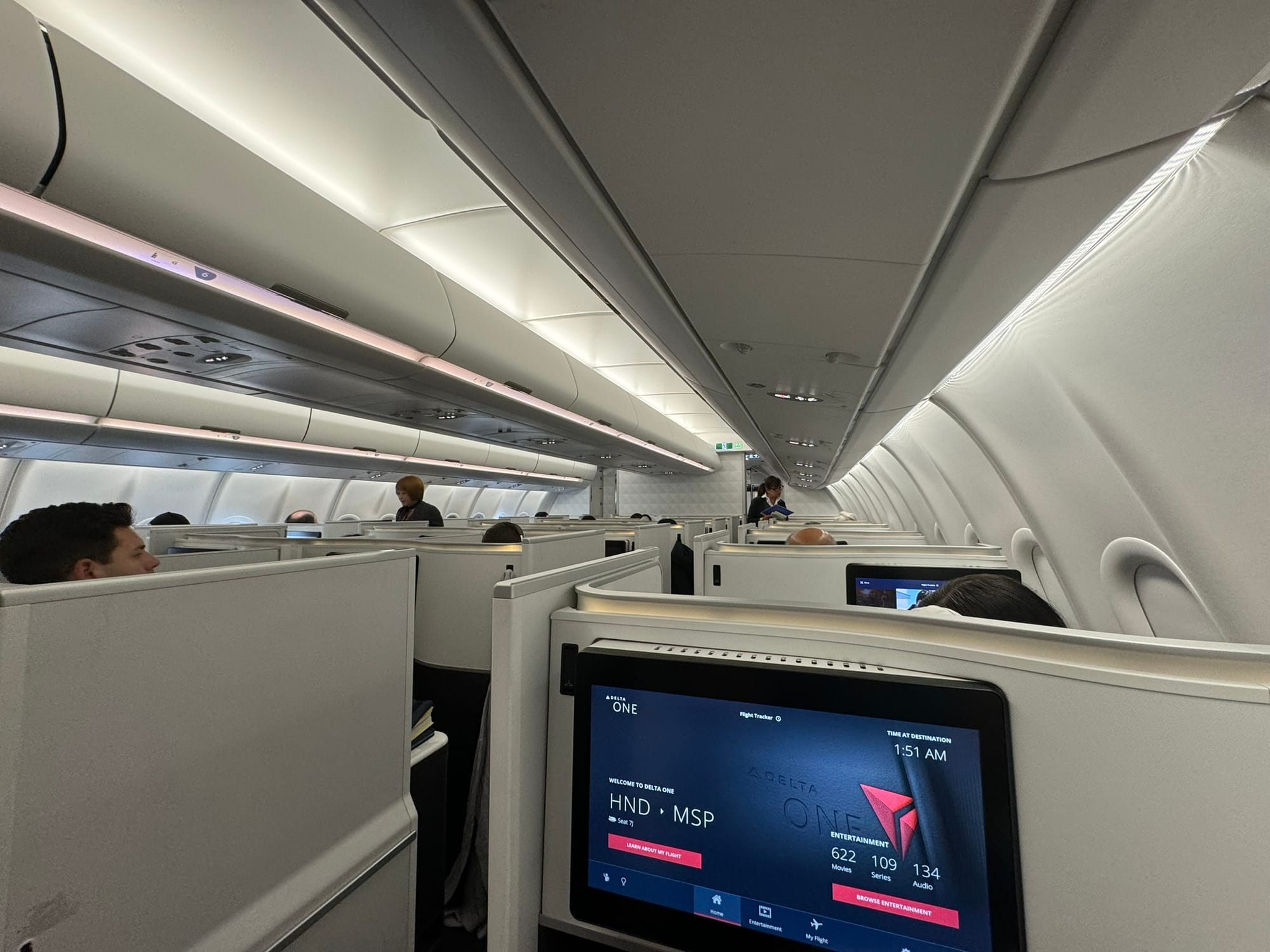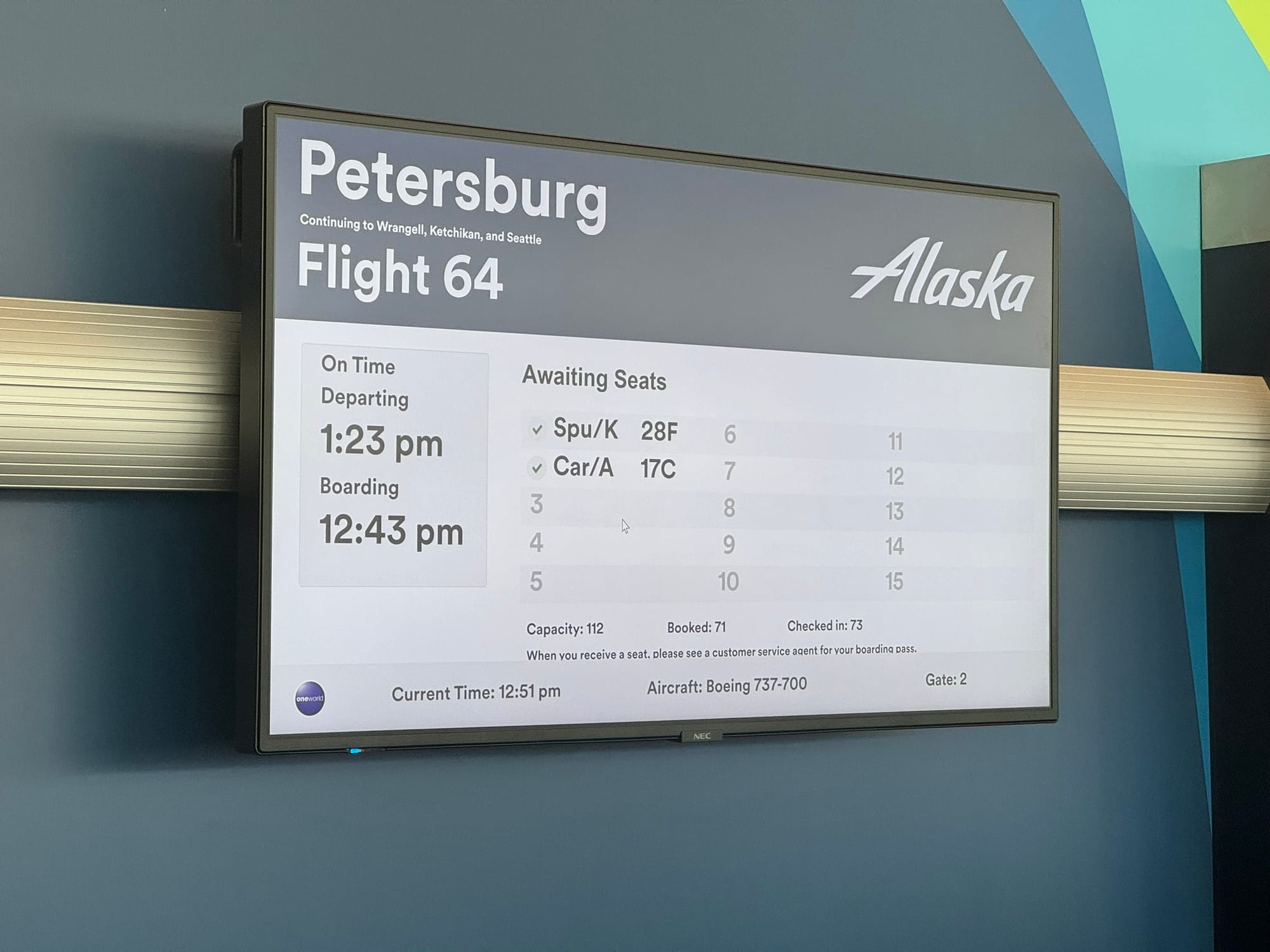Imagine you're comfortably cruising at altitude when the announcement chimes ring out – a medical emergency. It's a stressful situation for everyone on board, and it raises a question most of us don't consider: what happens if a passenger dies on an airplane?
While uncommon, deaths do occur inflight.
Top Priority: Medical Attention
Flight attendants are extensively trained to handle medical emergencies. They'll rush to the passenger, assess the situation, and initiate CPR or use an AED (automated external defibrillator) if necessary. They'll also try to locate any medical professionals traveling on the flight – a doctor's presence can be crucial in these critical moments.

Unfortunately, revival attempts aren't always successful. If resuscitation efforts continue for a significant time (often 30 minutes) with no signs of life, the person may be presumed dead. However, only a doctor can legally declare death onboard. This is where the big decision comes in: divert the plane to the nearest airport, or continue to the destination?
Several factors come into play here, and the proximity to the planned designation significantly impacts the choice. If the flight is only a short distance from its destination, continuing the journey might be the quickest way to get the deceased passenger to medical personnel on the ground. Weather conditions are another important consideration. Diverting to an airport with poor weather visibility or strong winds could pose an additional risk. Finally, the availability of a suitable emergency landing site plays a role. Not all airports are equipped to handle unscheduled landings, especially those involving medical emergencies.
Respectful Care for the Deceased

While the situation is undoubtedly upsetting for everyone involved, the crew's primary concern becomes respectfully caring for the deceased. If possible, they will move the body to a vacant row or crew rest area to minimize distress to other passengers. The body will be covered with a blanket and secured with a seatbelt to ensure it remains in place during the flight.
Upon landing, authorities will meet the plane to take care of the body and notify next of kin. In some areas of the world, there is also an investigation for possible foul play. The airline will also provide support to affected passengers, including those traveling with the deceased. This may include offering them the option to disembark at the landing site and rebook a flight on a later date, or providing them with access to counseling services to help them cope with the traumatic experience.
Beyond the Immediate Response
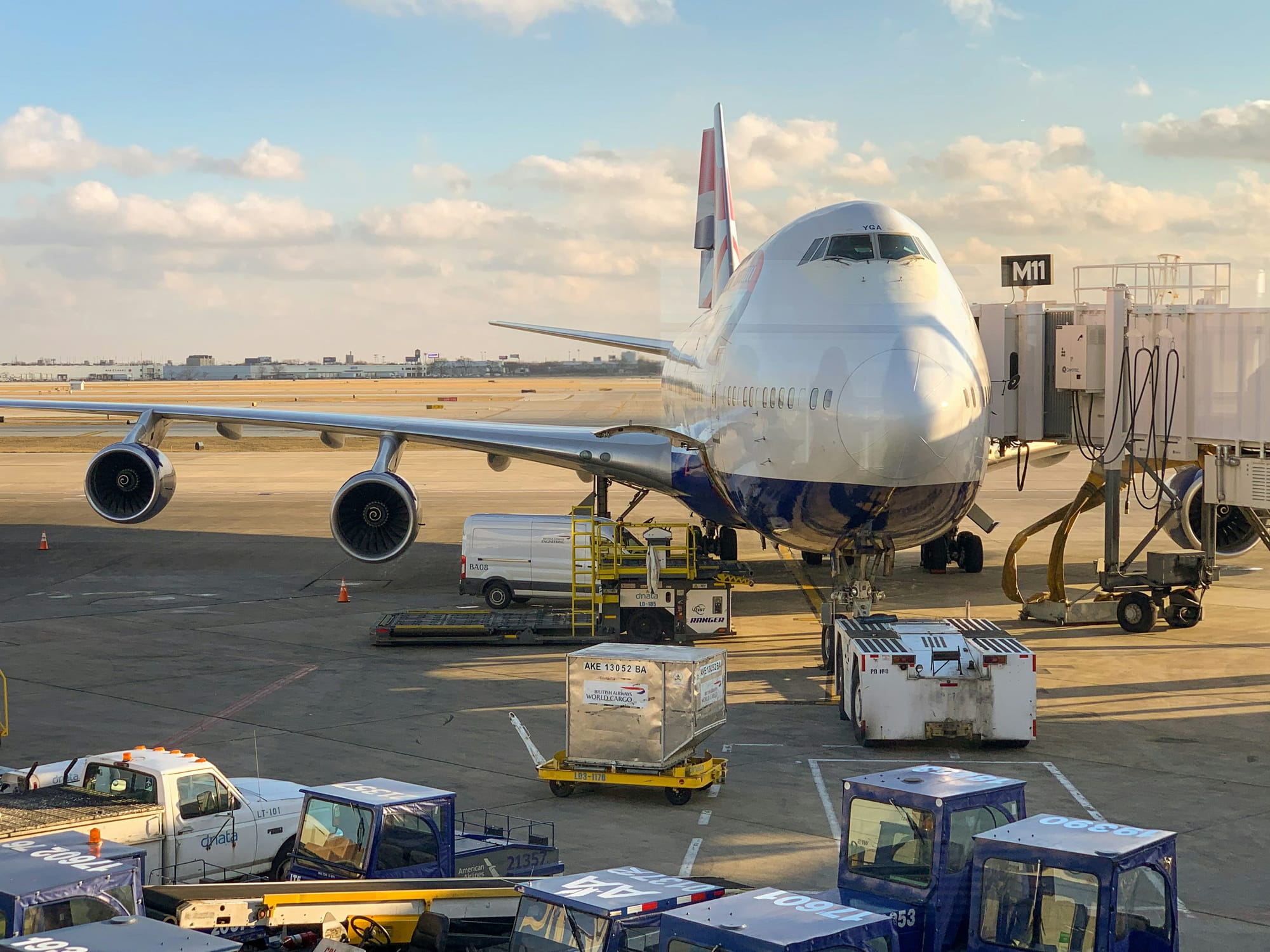
The airline's responsibility extends beyond just the flight itself. They will typically assist the deceased's family with making necessary arrangements, such as repatriation if the death occurred far from home. They may also offer them compensation to help cover unexpected costs associated with the death.
Witnessing or being involved in a death inflight can be a very traumatic experience. It's important to acknowledge that even those who weren't directly involved may be affected by the incident. Airlines typically offer counseling services to anyone who may need them, whether passengers, crew members, or even those who learn about the event after the fact.
How Likely is This to Happen?
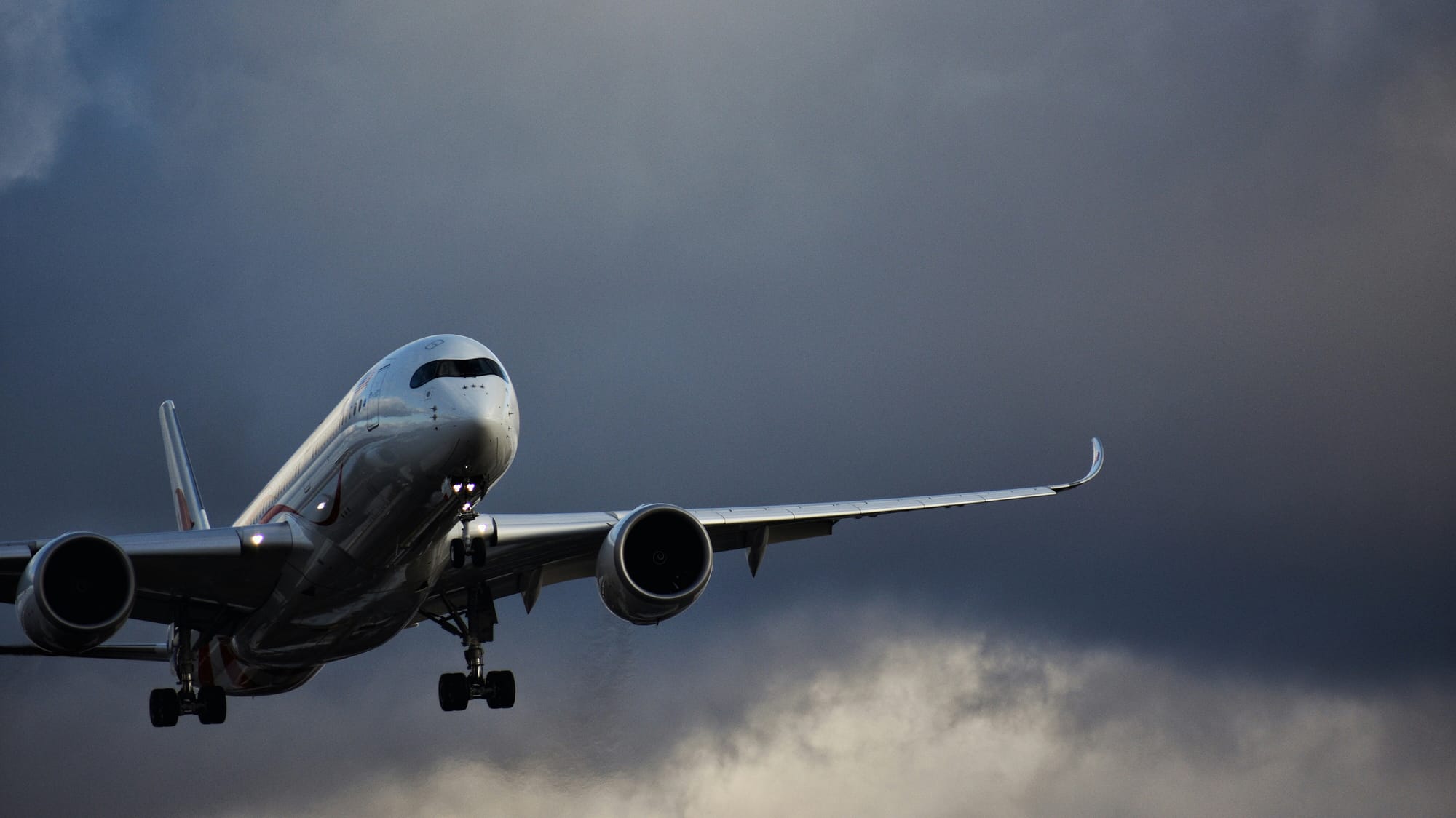
The likelihood of experiencing a passenger death onboard a commercial flight is very low. Modern aircraft are incredibly safe, with advanced medical equipment and rigorously trained crews. In fact, the odds of being struck by lightning are significantly higher than being involved in a fatal airplane accident.
However, there are usually a higher number of deaths reported around major holidays. As older passengers or those with elevated medical conditions try to make it back home for the holidays. These typically result in a higher number of reported onboard deaths and incidents.
Final Thoughts
Nobody is ever ready for an inflight medical event, even those that result in passenger death. It happens more often than you think, and it's important that if you can assist, you do assist. It could mean the difference between life and death for a passenger.

